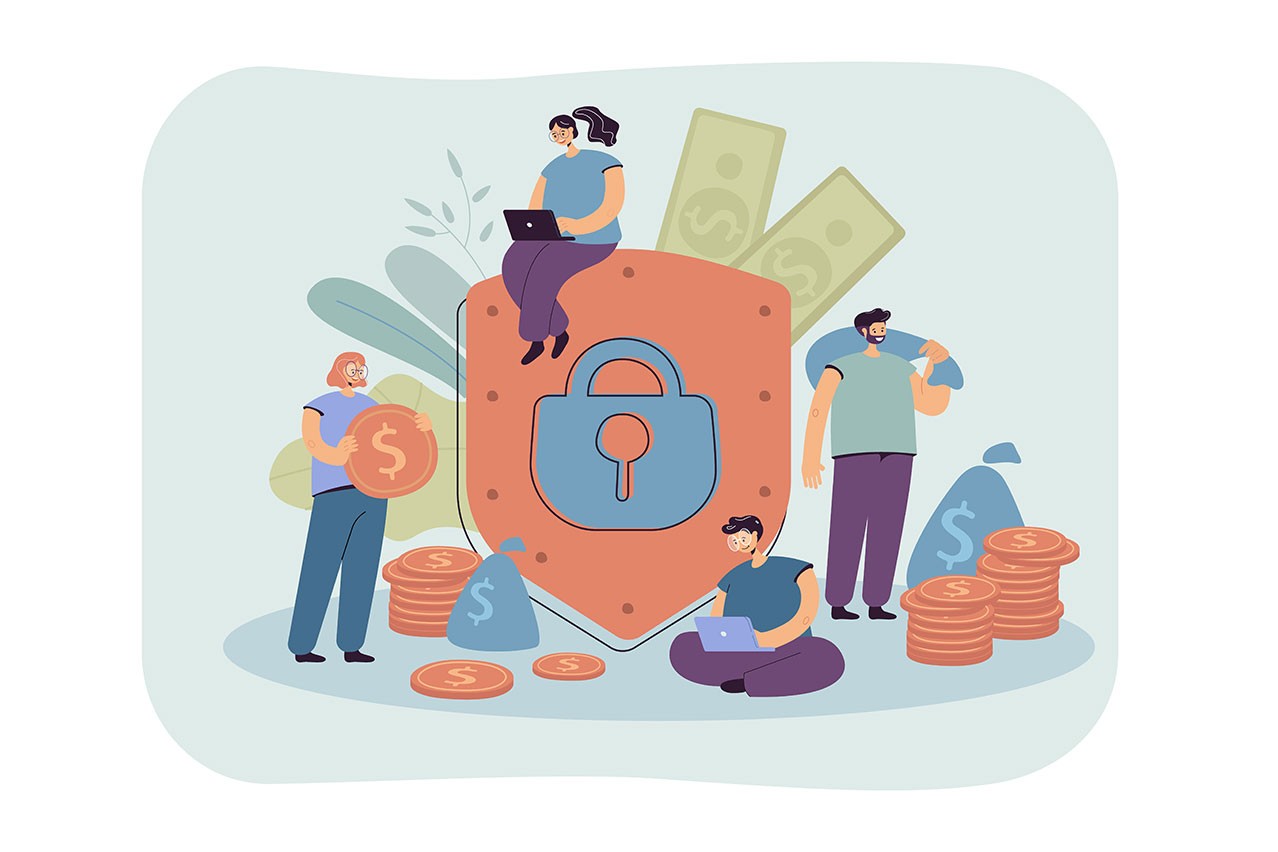In today's increasingly digital world, secure payment systems are a necessity for businesses. Whether through fraud prevention, transaction monitoring or buyer protection programs – modern payment protection solutions are essential to safeguard financial transactions from fraud and chargebacks. For banks, this presents an enormous opportunity to differentiate themselves by offering robust protection features that can enhance customer confidence, especially for small and medium-sized businesses (SMBs) operating globally.
How to Compare Payment Protection Solutions
Fraud Detection Tools: Banks that offer advanced fraud detection mechanisms using artificial intelligence and machine learning can detect unusual patterns in transactions. These tools identify potential threats in real-time-cross-border-payments-innovation">real-time-cross-border-payments-innovation">real-time, allowing businesses to react swiftly to unauthorized transactions. Solutions like Visa Advanced Authorization and Mastercard Decision Intelligence use AI to assess and mitigate transaction risks at the point of sale, giving businesses peace of mind.
Chargeback Protection: Chargebacks can be a major headache for businesses, especially e-commerce companies. Services such as PayPal Seller Protection and Stripe Chargeback Protection help safeguard businesses against fraudulent chargebacks. They provide tools to dispute claims and, in some cases, cover the cost of the chargeback. Banks have the opportunity to offer similar protections to their clients, reducing the financial risks associated with disputed transactions.
Secure Payment Gateways: Payment gateways with built-in security measures, such as encryption and tokenization, protect sensitive customer data during transactions. Gateways like Authorize.net and Square offer encryption and fraud prevention tools as standard, while some banks offer their own payment gateways with enhanced security features. By integrating advanced payment gateways, banks can offer businesses a more secure platform for processing payments and build loyalty through trust.
Multi-Layer Authentication: Multi-factor authentication (MFA) is another essential component of payment protection. Platforms such as Apple Pay and Google Pay employ biometrics (fingerprint, face ID) along with traditional PINs and passwords to prevent unauthorized use. Banks can extend these authentication layers to their digital wallets and payment systems to provide an additional layer of protection for both consumers and businesses.
Escrow Services: Escrow payment protection is a service where a third party holds the buyer’s funds until both parties are satisfied with the transaction. Now, thanks to LiquidTrust there are simple ways for Banks to offer services similar to escrow directly, especially for B2B clients dealing with smaller sums, as way to create additional revenue streams and build trust with SMB customers seeking to grow globally.
Why This Is a Major Opportunity for Banks
Payment protection services are not just about reducing fraud; they are about building trust. Businesses and consumers alike are becoming more concerned with transaction security as cybercrime rises. By offering payment protection solutions, banks can establish themselves as trusted partners in financial safety.
Small and medium-sized businesses, which are often more vulnerable to fraud, represent a significant opportunity for banks to offer tailored protection services. According to a survey by LexisNexis, SMB lending fraud increased by 13.6% in 2023 alone, and businesses are looking for ways to protect themselves from these risks. Banks that offer comprehensive payment protection solutions will attract more SMB clients, especially those expanding into digital and global markets.
Offering premium payment protection services—such as advanced fraud detection, dispute resolution, and insurance against chargebacks—can open up new revenue streams for banks. Businesses are often willing to pay for services that minimize the risk of financial loss and streamline their operations. For instance, businesses using PayPal's seller protection features are more likely to stay loyal, knowing their transactions are safeguarded. Banks can replicate this model by bundling protection solutions with their business accounts.
The rise of fintech companies has introduced new competition for banks, especially in the payments space. However, banks hold a significant trust advantage over newer entrants. By enhancing their payment protection offerings, banks can differentiate themselves from fintech companies that may not have the same level of financial expertise or regulatory oversight. Banks can combine traditional trust with cutting-edge technology to offer a superior level of service.
As businesses continue to move online and expand globally, secure and reliable payment systems are more crucial than ever. Banks have a unique opportunity to position themselves as leaders in payment protection, offering solutions that not only prevent fraud but also build trust and enhance customer loyalty. By investing in and marketing these protection services, banks can attract new clients, create new revenue opportunities, and fend off competition from fintechs. The future of banking will belong to those who can offer the safest, most secure, and most trustworthy payment solutions.
——
Image designed by pch.vector / Freepik



